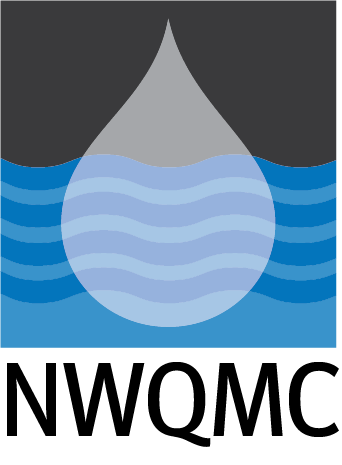
Updates
Our conference app, Whova, is now LIVE to all registered attendees. Guidance will go out to all attendees – in-person and virtual – by COB on Tuesday, March 4th.
- Download our conference app, Whova
- View the Draft Agenda Updated March 5
- Virtual registration is open! Virtual registration closes March 10
- In-person regular registration closed February 28
- Sign up to become a sponsor
The National Water Quality Monitoring Council (NWQMC) will host its 14th National Monitoring Conference from March 10 to 14, 2025, in Green Bay, Wisconsin at the KI Convention Center. All federal, state, tribal and local water professionals, nonprofits, academia, water consultants and industry, and volunteer scientists are welcome at this important national forum on monitoring Great Lakes, groundwater, streams, rivers, lakes, wetlands, estuaries, and oceans. The conference will be offered in a hybrid format, primarily consisting of in-person presentations and events as well as some virtual components.
Networking and opportunities to create new relationships will abound for attendees. Whether you seek to develop new skills, learn about the latest technologies, or simply exchange information on a wide variety of topics relevant to water resources, the National Monitoring Conference is for you. The conference is a destination conference for many in the field, attracting the highest quality professional presenters and posters.
The 2025 National Monitoring Conference will focus on monitoring and research done in the Great Lakes, groundwater, streams, rivers, lakes, wetlands, estuaries, and oceans that address (but are not limited to) the following general themes and topics:
- Monitoring for the Protection of Aquatic Resources
- Volunteer Monitoring and Community Collaborations
- Contaminants and Source Tracking
- Open Data Life Cycle
- Measuring Success – Effectiveness Monitoring and Water Quality Trends
- Local (Green Bay Watershed) and Regional (Great Lakes and Midwest) Monitoring
- Other – The 2025 conference themes and topics are from past surveys of attendees and Council members and are in no way comprehensive. If you feel that your abstract does not fit into any of the expanded conference themes or proposed sessions (available from our conference website), please still submit it.

